エアロジニー — あなたのインテリジェントな副操縦士。
現在のトレンド
Categories
GA-ASI Partners with Nominal to Develop Enterprise Software
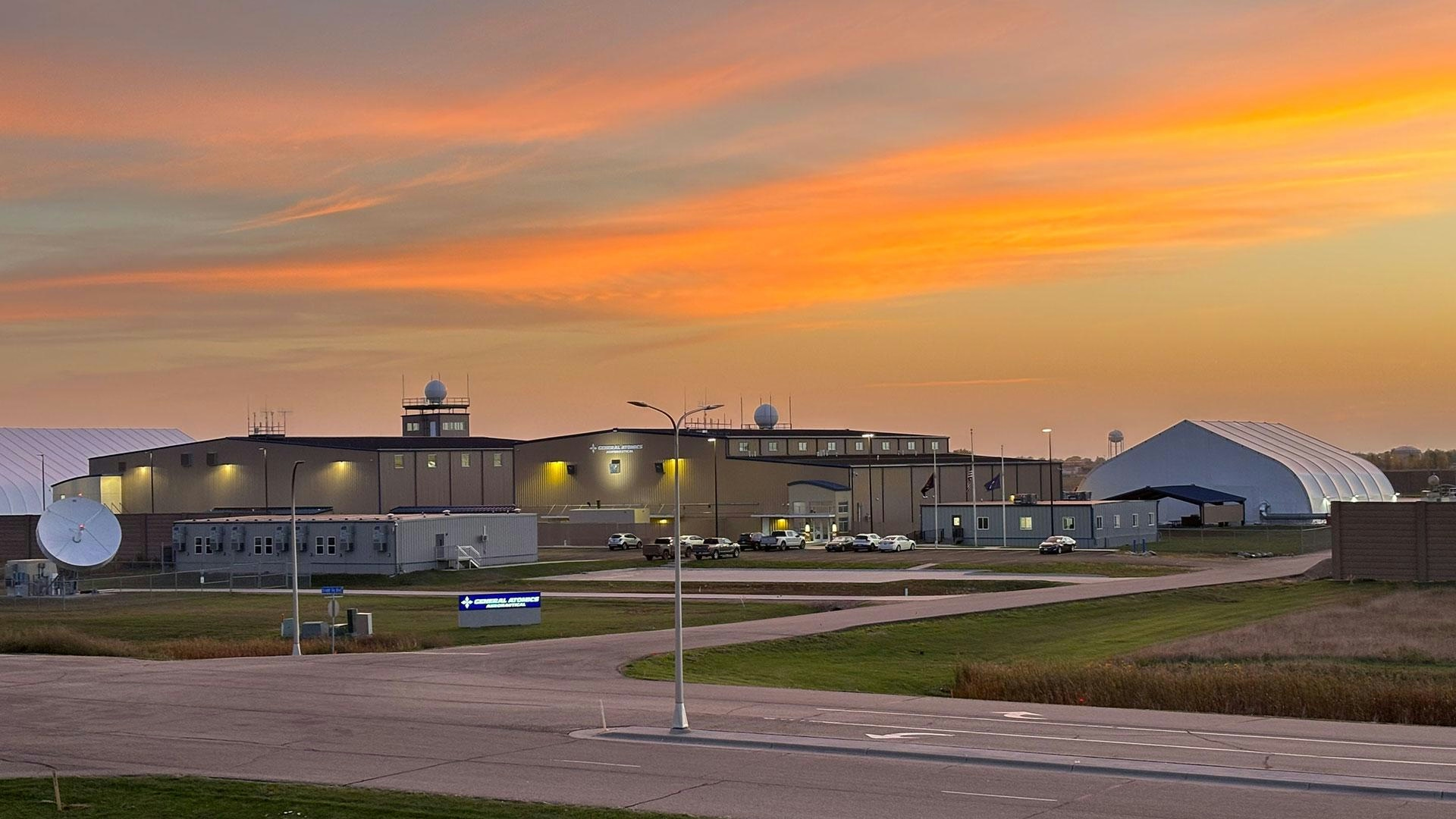
GA-ASI and Nominal Collaborate to Enhance Enterprise Software for UAS Data Management
General Atomics Aeronautical Systems, Inc. (GA-ASI) has entered into a strategic partnership with Nominal Inc. to develop an advanced enterprise software platform designed to improve data management, analysis, and validation for its unmanned aerial systems (UAS). This collaboration will focus on real-time telemetry monitoring and comprehensive flight data analysis, utilizing Nominal’s Core and Connect platforms to centralize and streamline data processes throughout the entire lifecycle of GA-ASI’s systems—from developmental testing to operational field support.
GA-ASI President David R. Alexander emphasized the significance of the partnership, stating that Nominal’s software will underpin a new approach to flight telemetry data acquisition, processing, and centralized management. Nominal, known for its expertise in software and data solutions tailored to organizations testing and validating complex systems, aims to provide faster and more reliable methods for testing software-defined vehicles and other mission-critical technologies. Cameron McCord, CEO of Nominal, highlighted the company’s role in helping engineering teams develop and manage validation logic that bridges developmental testing, operational testing, and deployment. He expressed confidence that the collaboration with GA-ASI will deliver transformative capabilities that save time, enhance decision-making, and foster collaboration across aerospace engineering teams.
Challenges and Industry Implications
While the partnership marks a significant advancement in GA-ASI’s digital transformation, it also presents considerable challenges. Integrating sophisticated software solutions into existing defense systems involves navigating legacy infrastructure and adhering to stringent security protocols. Given the critical nature of defense technology, the initiative is expected to undergo rigorous regulatory scrutiny, with extensive testing and certification required prior to deployment.
Market analysts have voiced some skepticism regarding the feasibility and timeline of the software development, with investors closely monitoring progress for tangible improvements in operational efficiency and successful system integration. The announcement is also anticipated to spur competitors to accelerate their own software development efforts to maintain a competitive edge in the rapidly evolving defense sector.
Despite these challenges, both GA-ASI and Nominal remain optimistic about the potential impact of their collaboration. By aggregating and analyzing extensive datasets across the lifecycle of UAS platforms, the partnership aims to enhance decision-making processes, reduce operational timelines, and promote greater collaboration among aerospace engineering teams. As the defense industry increasingly embraces digital solutions to manage complex systems, this partnership could serve as a model for future software integration initiatives across the sector.
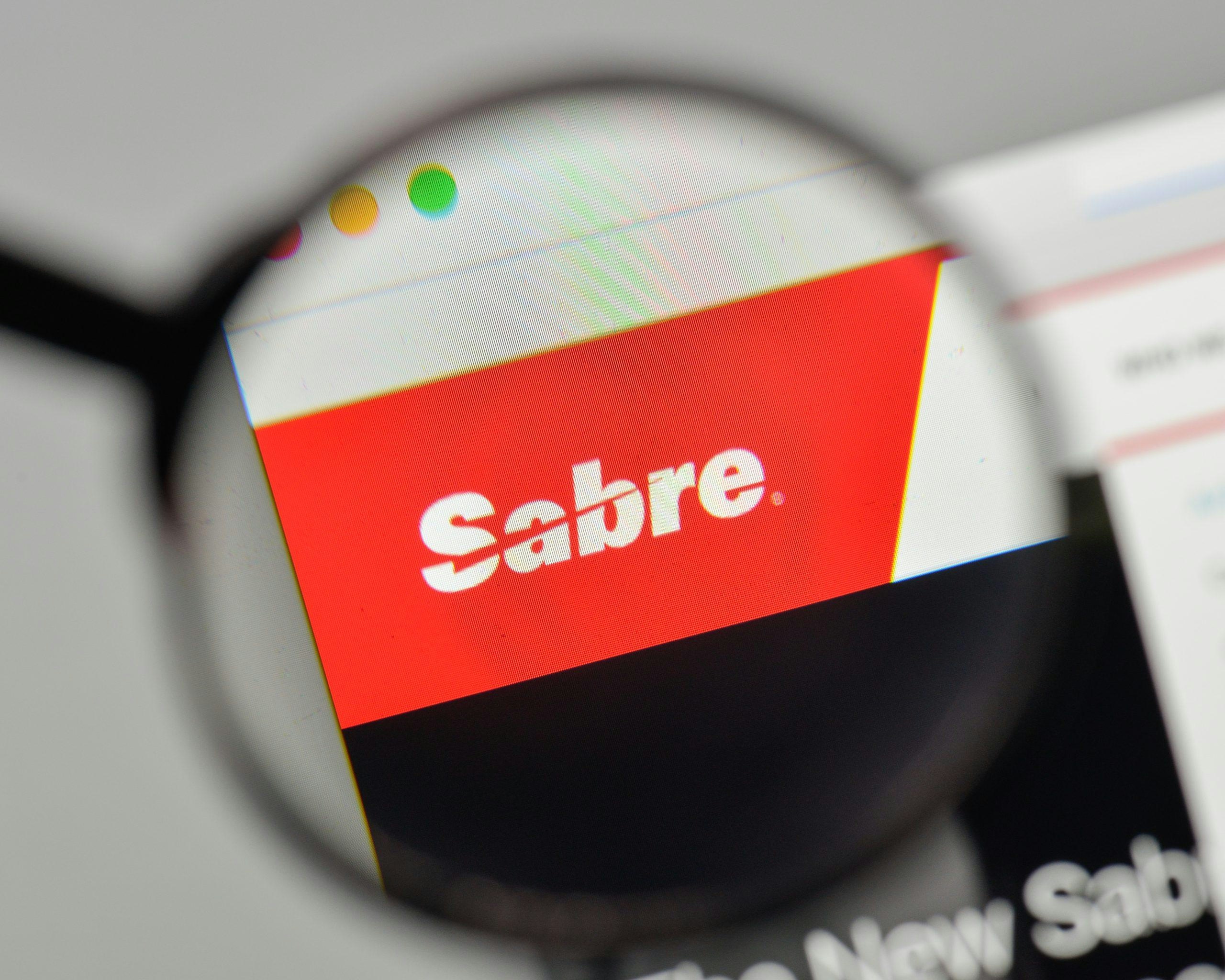
Sabre Introduces New AI-Driven Platform
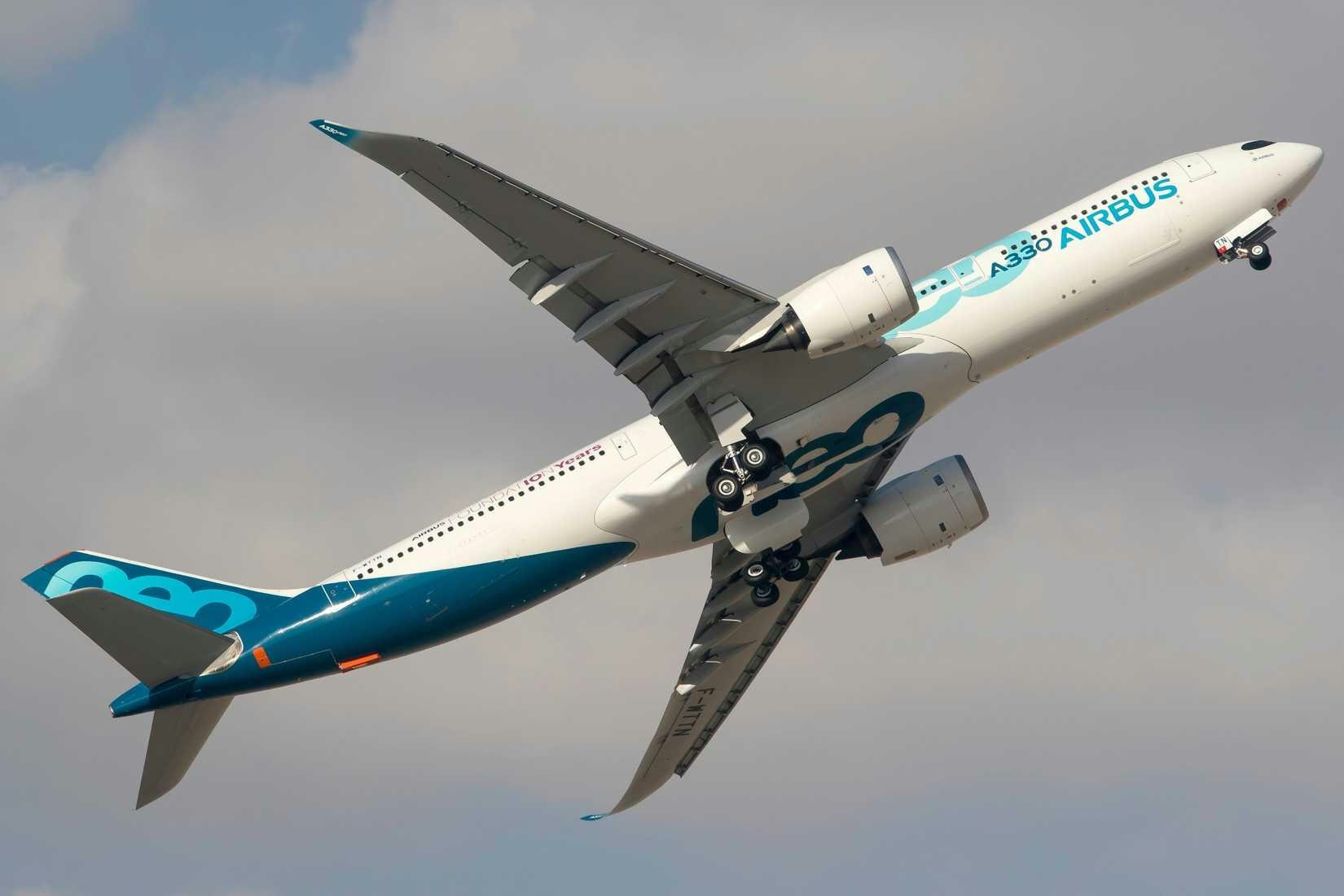
GOL CEO Confirms Possible Arrival of A330neo Widebody Aircraft
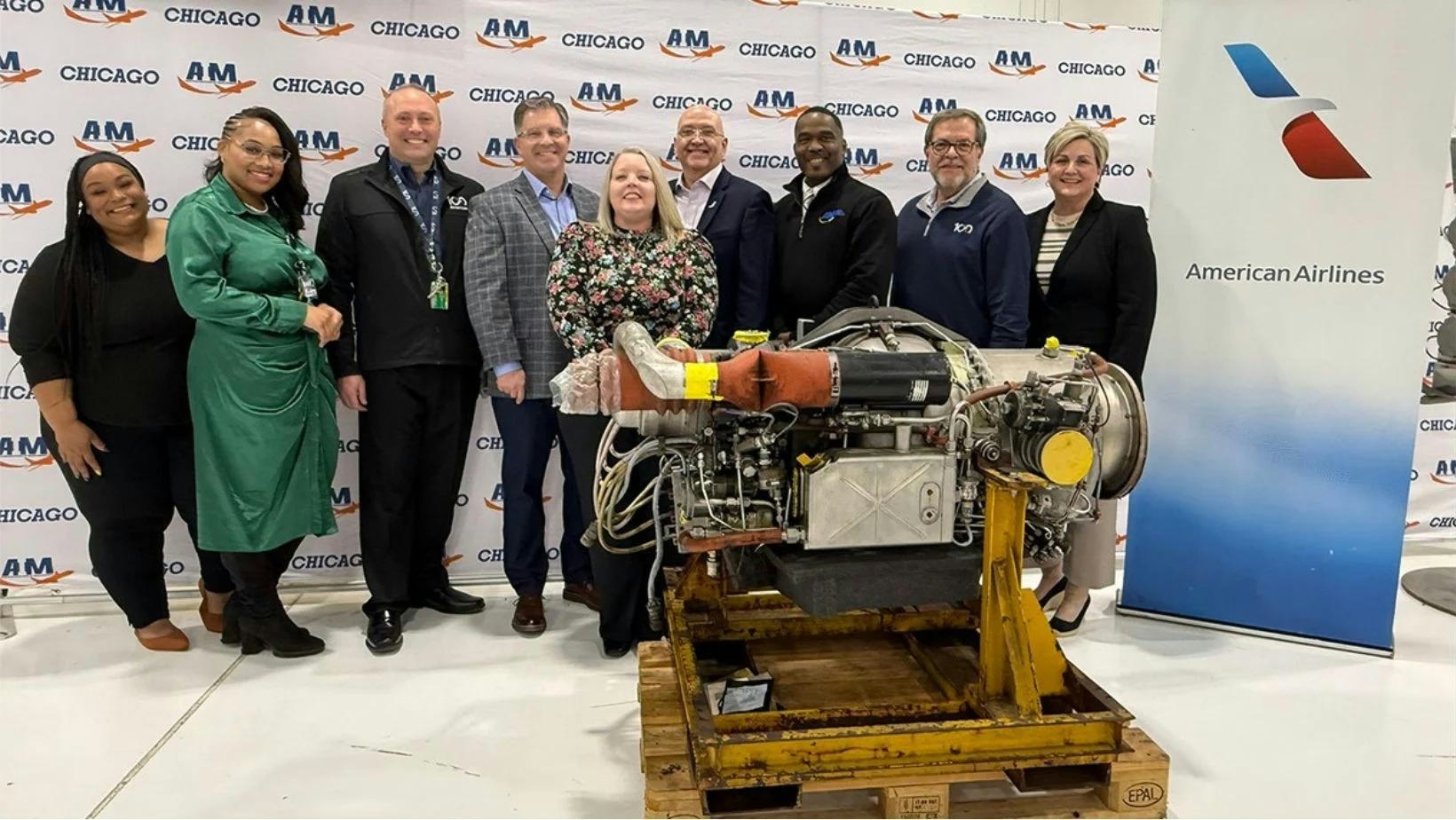
American Airlines donates APU to AIM Chicago for student training
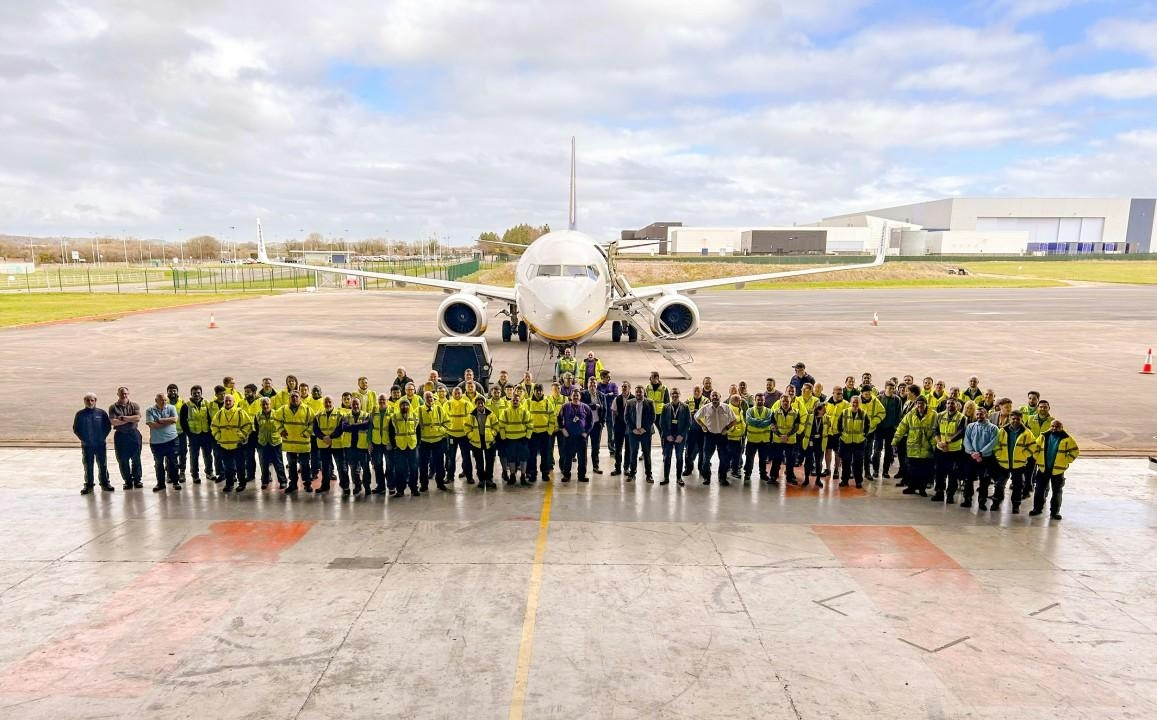
Steer Appointed Base Maintenance Manager at Caerdav
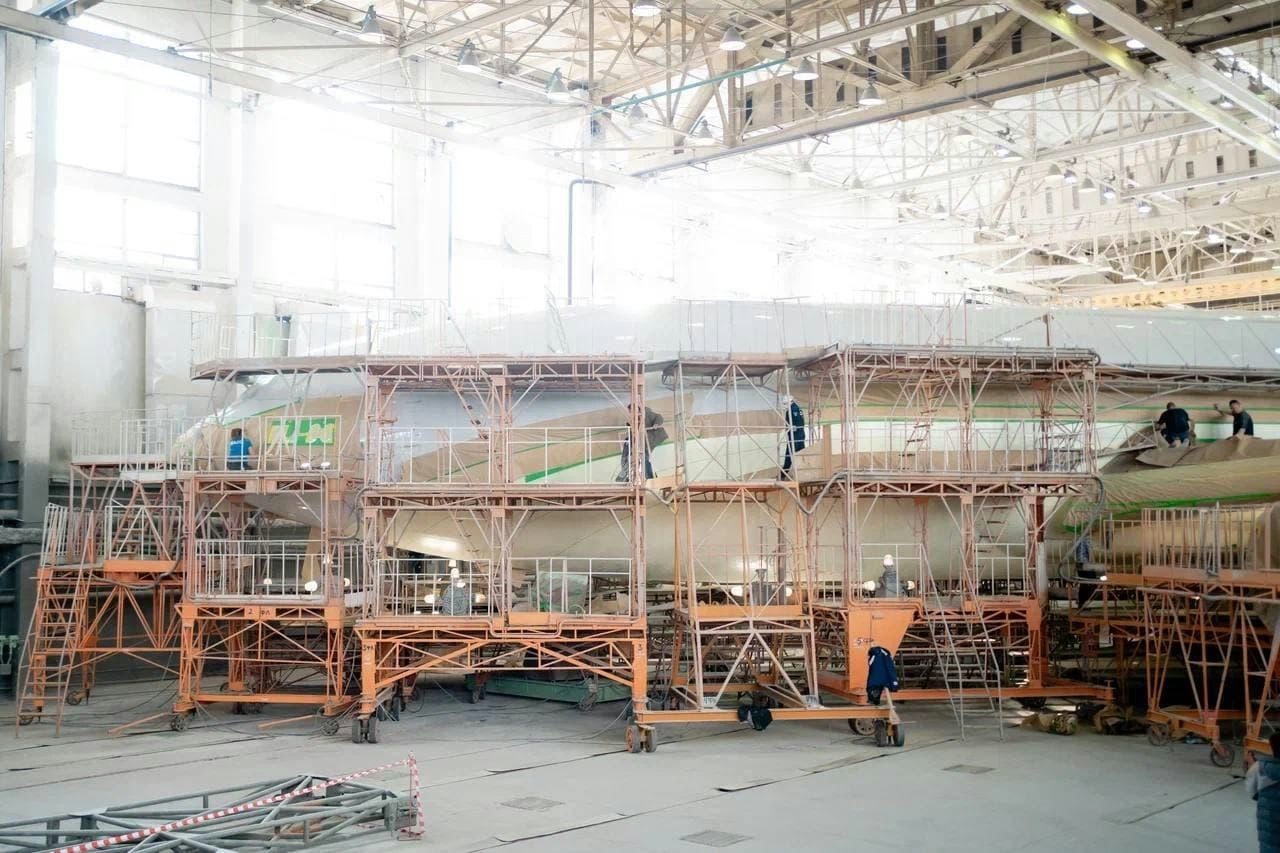
New Il-96 Wide-Body Aircraft Built in Russia; Customer Remains Undisclosed
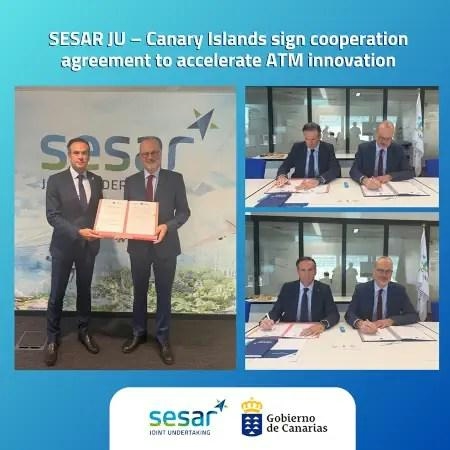
SESAR JU and Canary Islands Sign Agreement to Advance Air Traffic Management
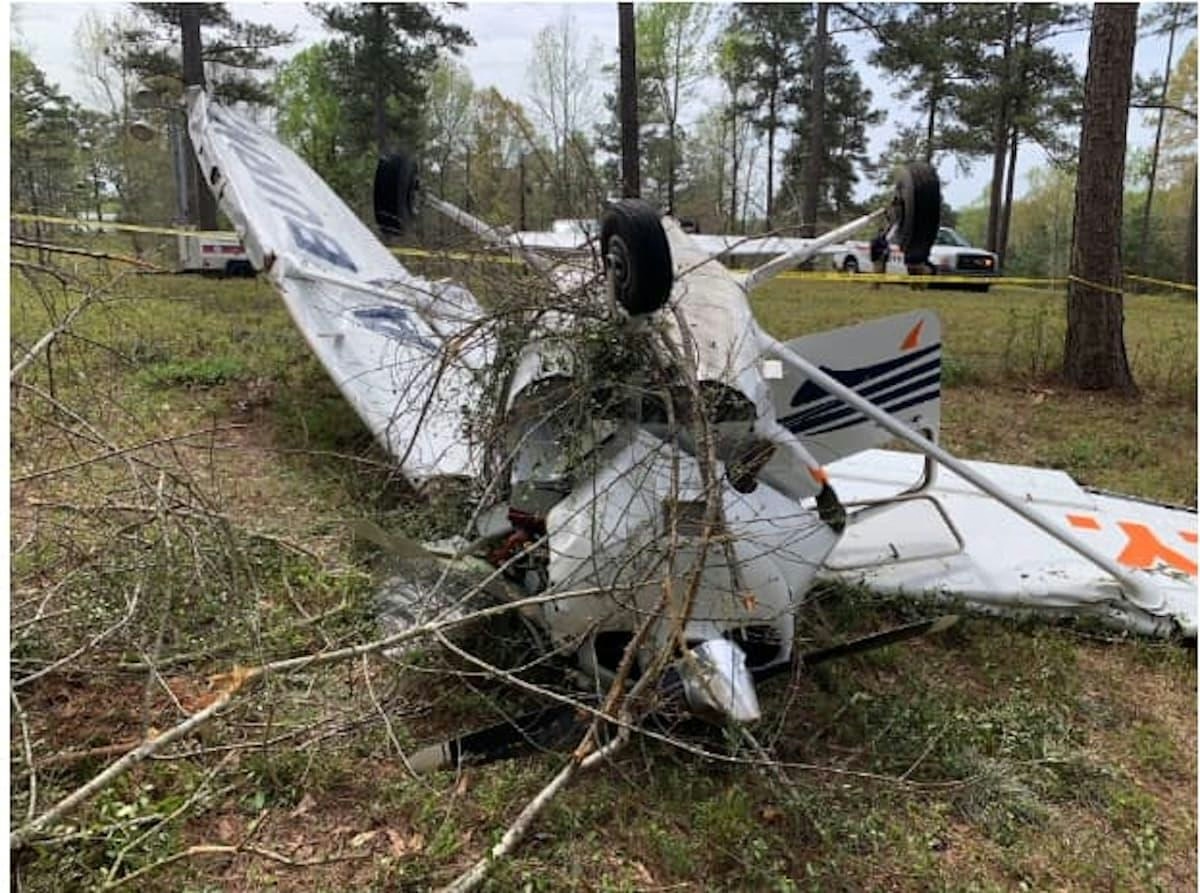
Contaminated Fuel Injector Causes Emergency Landing

Sahar Group Adopts Ramco Aviation Software to Support Growth
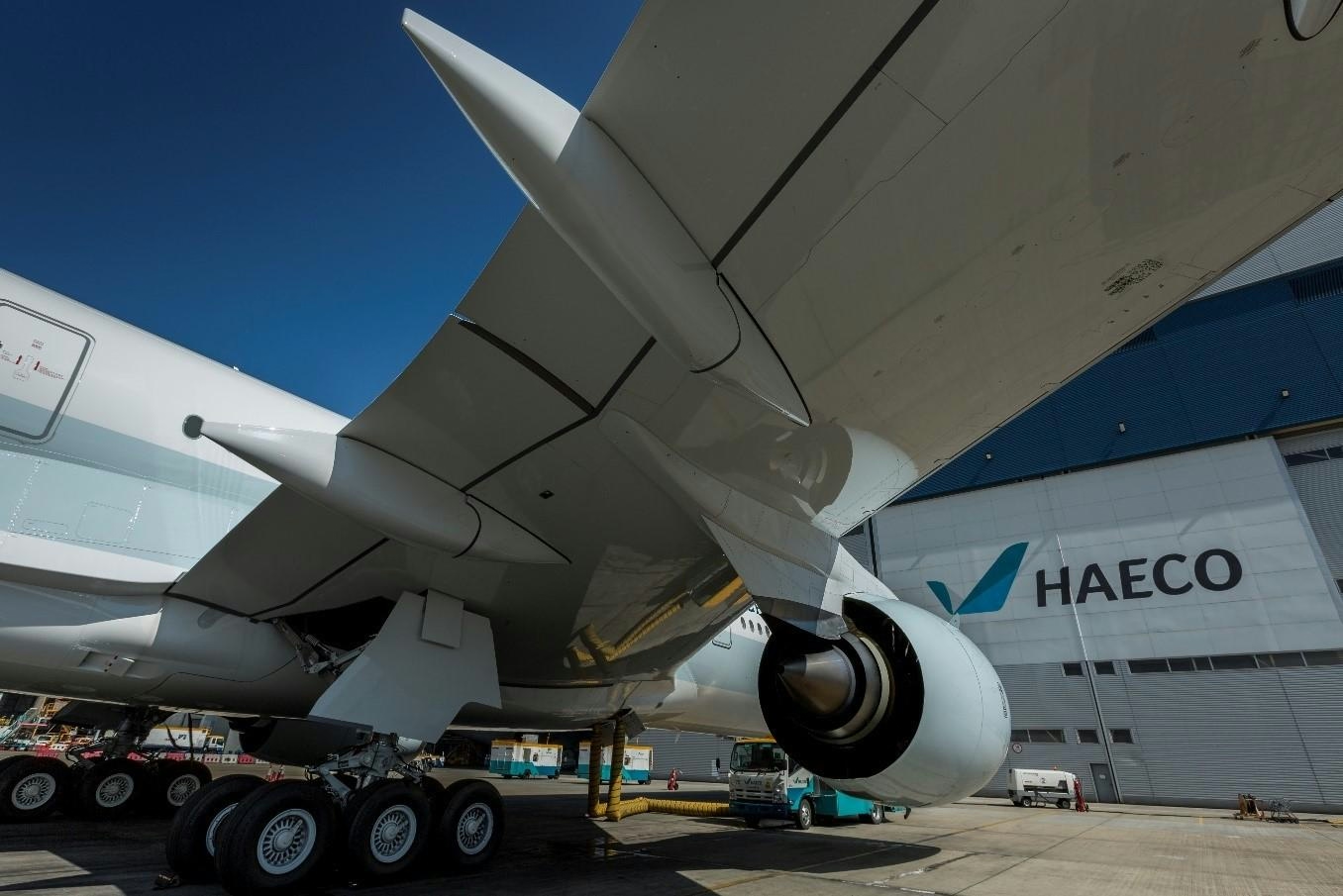
Deucalion Leases Three A330 Aircraft to Wamos Air

Acron Aviation Opens Global Headquarters in St. Petersburg, Florida
